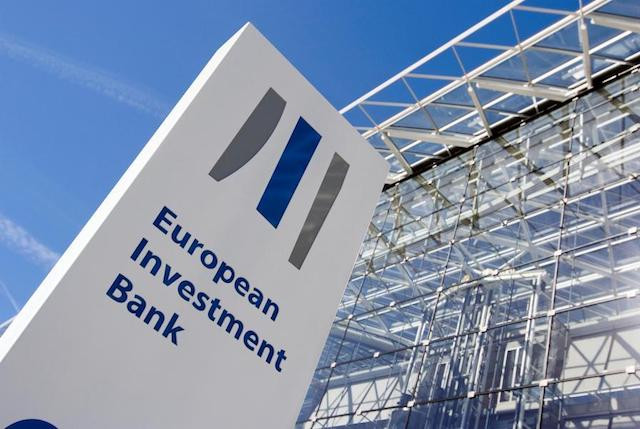The possible shift would support the EU’s climate action commitments under the Paris agreement and free up EIB funds to invest more in renewable energy and energy efficiency initiatives.
If the draft “EIB energy lending policy” (PDF), released on 26 July, is approved, then:
“…the Bank will phase out support to energy projects reliant on fossil fuels: oil and gas production, infrastructure primarily dedicated to natural gas, power generation or heat based on fossil fuels. These types of projects will not be presented for approval to the EIB Board beyond the end of 2020. While it fully understands the role fossil fuels will continue to play within EU energy systems for at least the coming decade, the Bank provides higher additionality by focusing on the longer-term challenge and investment needs of the energy sector. As a result, all the Bank’s activities in the energy sector will be fully aligned with the Paris Agreement.”
Fossil fuel-linked lending represents about 5% of the EIB’s portfolio, Reuters reported.
Petr Hlobil of CEE Bankwatch Network, an advocacy group, said in a press release:
“This draft shows commendable leadership from the EIB in becoming the first among public banks to commit to a total phaseout of investments in fossil fuels after 2020.”
The campaign group Greenpeace EU tweeted: “The bank’s board must now approve the plan without delay.”
BREAKING: The @EIB wants to stop new funding of all fossil fuels in 2020.
The bank’s board must now approve the plan without delay.#ClimateCrisis #canicule2019 https://t.co/3wijEzlksW
— Greenpeace EU (@GreenpeaceEU) July 26, 2019
According to its 2018 annual report, the EIB and its sister European Investment Fund issued a total of €64.2bn in financing last year, including €16.1bn to combat climate change.
The economic development bank is headquartered in Kirchberg and employs roughly 3,000 staff. It is owned by EU member states but secures its financing on global capital markets.
The potential fossil fuel ban is expected to be debated by the EIB board, mostly made up of EU finance ministers, in September, “though a final decision could take longer,” per Reuters.
As of this writing, the EIB had not returned Delano’s message seeking comment.
